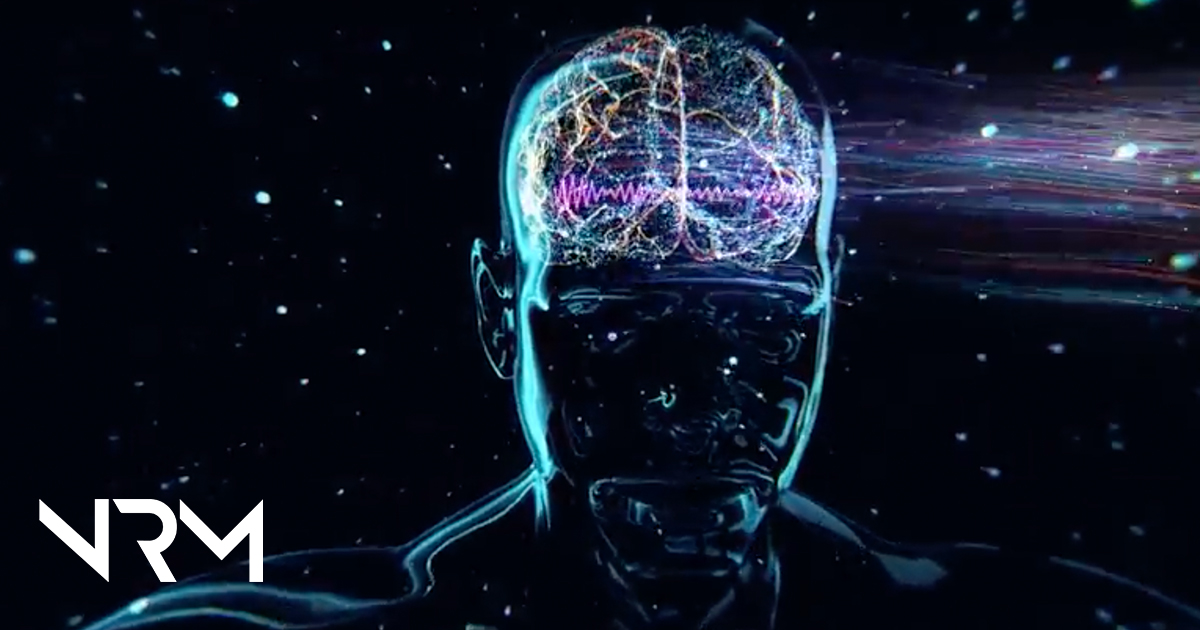
The Basic Tech To Hack Someone’s Brain Exists Today
While we worry cybercriminals may be able to hack the human brain at some point far in the future, turns out the basic tech to do so exists today… Yikes.

Researchers Build A Computer That Can 'Read People's Minds'
Researchers are one step closer to reading people's minds in real time. In a study published Thursday in the journal Plos Computational Biology, the team used computational software that managed to decode brain signals and accurately predict what they were seeing in real time.

How are memories created? Study by University of Leicester and UCLA finds out
While we've figured out many aspects of human life through scientific endeavour, one of the most fascinating is still one shrouded in mystery: how does human memory work? How do we create unforgettable episodes of time in our mind, which we are reminded of at certain locations or with certain people?

'Light At The End Of The Tunnel' Explained. The Science Behind Near Death Experiences
Many people claim to see a bright light at the end of a tunnel on their deathbeds. Those of us with religious beliefs see this as the light of heaven; but researchers have discovered new evidence that proves otherwise, claiming these visions may be caused by Electrical surges in the brain.

Foc.us Headset Shocks Your Brain To Improve Gaming
Shock therapy to improve your high score. The Foc.us gaming headset is the world's first commercial Transcranial Direct Current Stimulation Headset, applying a small current to the front part of your brain to improve your cognitive functions and short-term memory.
Stanford Creates A Transparent Brain. Analyse The Mind Like Never Before

Combining neuroscience and chemical engineering, researchers at Stanford University have developed a process to render entire brains transparent - allow researchers to analyse grey matter to a level of detail never seen before.
Scientists Give Rats Ability to Share Sensory Information Via The Internet

These are fast-paced times we live in, and sometimes fishing your smartphone out of your pocket to check out the latest facebook status takes too darn long. But worry not! We're only a few steps away from brain-to-brain interfacing, as evidenced by two enterprising rats.
£1 Billion Supercomputer To Reconstruct And Simulate 'Entire Human Brain'

An international group of researchers have secured over £1 billion to fund the incredibly ambitious 'Human Brain project.' Scientists will spend the next decade understanding, mapping, and virtually simulating the network of over a hundred billion neuronal connections that illicit thought, emotion, and consciousness.
Artificial Intelligence Advances Being Led By Honey Bee Research

As part of a £1 million research project designed to advance the understanding of artificial intelligence systems, scientists from the Universities of Sheffield and Sussex are studying the brains of honey bees in the hope the results will eventually lead them to create a flying robot with artificial brain able to make decisions, think and act like a bee typically would.

Researchers Hoping To ‘Eliminate Death’ By 2045, Working On Humanoid Robot Avatars
It is estimated that a total of 55.3 million people die each year, equivalent to almost 2 every single second. Death is a fact of life, or so we thought. A project by the name of Russia 2045 is ambitiously attempting to conquer immortality in as little as 33 years by way of creating humanoid robots that have human personalities stored on artificial brains.
Scientists Uncover Method To Literally 'Read' Human Thoughts

Researchers from the University of California have developed a remarkable method that has allowed them to discern what a patient is thinking through de-constructing their associative brain waves. While still incredibly early in its potential implications, such a method of interpreting someone's thoughts without the need for speech to be crafted could be hugely significant for loved one's and medical staff to communicate with those who are unable to speak; such as comatose patients, or those suffering with 'locked-in syndrome'.
The brainier you are, the more Facebook friends you have

The bigger it is, the more you have. Puns aside, a study concluded with a correlation between the mass of your brain size and the amount of Facebook friends you have.
In the time people have argued between Facebook and Google+, Researchers at the University College of London donned the white coats and spectacles to investigate whether having a hissy fit over the Internet being bad for humans is really necessary.

